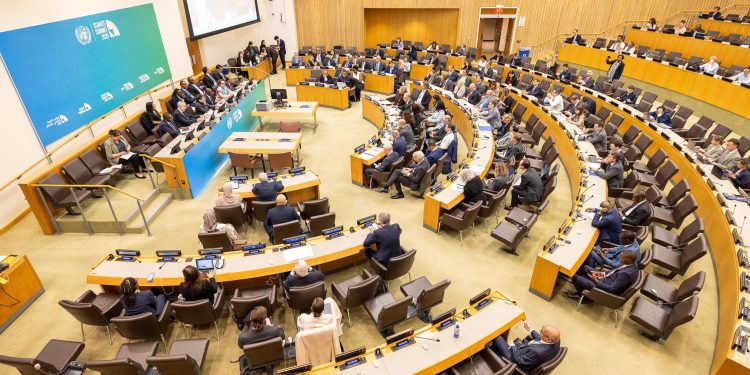As the clock ticks down to September 30, 2025, the future of trade between the United States and sub-Saharan Africa hangs in the balance. The African Growth and Opportunity Act (AGOA), the cornerstone of economic relations for the past quarter-century, is set to expire, plunging governments, businesses, and diplomats on both sides of the Atlantic into a state of profound uncertainty.
Enacted in 2000 under President Bill Clinton, AGOA was designed as more than just a trade pact. It was a strategic tool, offering over 6,000 African products duty-free access to the lucrative U.S. market in exchange for commitments to good governance, rule of law, and alignment with U.S. foreign policy interests. For countries like Kenya, which exports apparel, macadamia nuts, coffee, and tea under the program, AGOA has been a vital economic lifeline.
Kenya, eager to build on this foundation, is currently negotiating a comprehensive Free Trade Agreement (FTA) with the U.S., hoping it will serve as a new benchmark for the continent. Just last July, the two nations agreed on ten key areas of collaboration, from agriculture and the digital economy to workers’ rights and women’s participation. The goal is clear: to secure a new deal before AGOA’s sunset.
Also Read: Kenya Addresses Hiring Trump Insider Ahead of Ruto Visit
Yet, as the deadline looms, experts see not one, but three starkly different paths forward.
The Optimists: Betting on Renewal of AGOA deal
A camp of optimists believes AGOA will be reauthorized, potentially for another decade. They point to its mutual benefits: African economies gain market access, while the U.S. secures critical minerals and other goods vital for its digital economy. Powerful American business lobbies, including the U.S. Chamber of Commerce and the Corporate Council on Africa, are expected to pressure Congress and the White House for renewal. African diplomats in Washington and businesses across the continent’s agriculture and manufacturing sectors are also mobilizing, hopeful that bipartisan support in Congress will prevail.
The Pessimists: Bracing for Collapse
On the other end of the spectrum, pessimists foresee AGOA expiring with no renewal. They argue the 25-year-old framework is a relic of a bygone era, incompatible with the current “America First” doctrine. Evidence, they say, is already visible: the U.S. has imposed tariffs ranging from 10% to 30% on dozens of African countries, including a steep 30% on South Africa. This, coupled with a clear White House preference for bilateral deals over continent-wide agreements, suggests a strategic shift. The U.S., they argue, now seeks arrangements where it holds the upper hand, prioritizing its own interests above all else. South Africa’s close ties with BRICS partners like Russia and China have made it a particular target, while Kenya’s growing relationship with Beijing has also drawn Washington’s scrutiny.
The Pragmatists: Hoping for a Bridge
Caught in the middle are the pragmatists. They foresee a more cautious, transitional outcome: a short-term extension of one or two years.
This would buy time for more comprehensive negotiations on a successor framework. They note that Congress, which holds the legislative power over AGOA, has renewed it multiple times before, including two major overhauls in 2004 and 2015.
Also Read: Africa’s Options with Donald Trump’s America First, Africa Last Policy
Some pragmatists also argue that since Africa represents only about 1% of total U.S. global trade, Washington might choose to extend AGOA on a temporary basis while focusing its primary trade efforts on larger competitors like the BRICS bloc and European nations.
A Continent Holding Its Breath
The debate is no longer confined to policy circles. An “avalanche of reporting and commentary” across U.S. and African media platforms signals that the fate of AGOA is now a matter of urgent public and economic concern. For millions of workers in African factories and farms, for American importers and consumers, and for the broader geopolitical landscape, the decisions made in Washington over the coming months will resonate for years to come.
As Dr. Bob Wekesa of the University of the Witwatersrand observes, “There are uncertainties aplenty.” Whether AGOA is reborn, replaced, or allowed to fade away, one thing is certain: the era of predictable, preferential trade between the U.S. and Africa is ending. What comes next will redefine the relationship for a new generation.
Follow our WhatsApp Channel and X Account for real-time news updates.






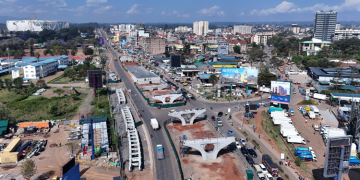
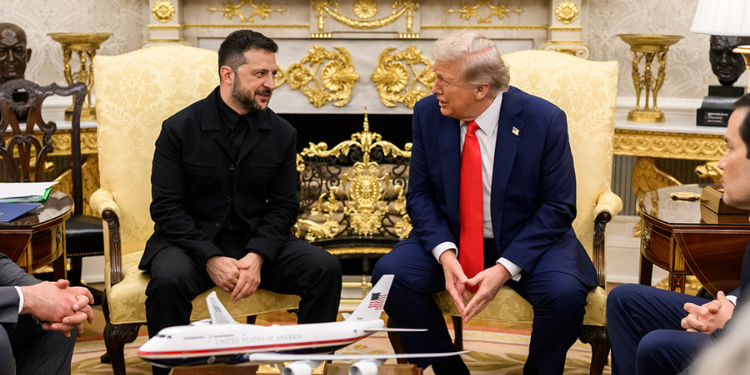









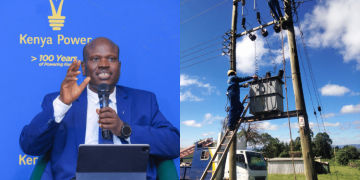
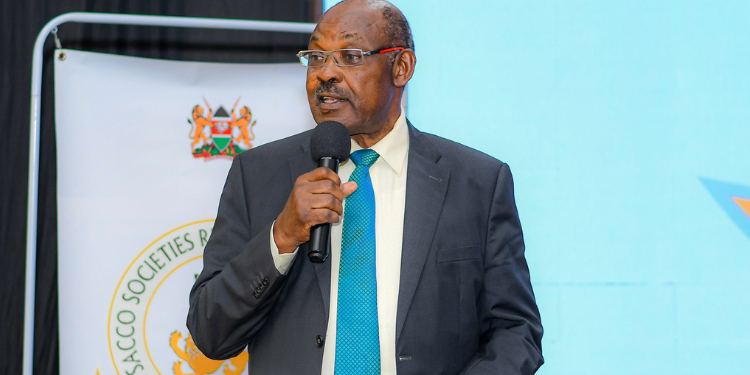

































![Senator Allan Chesang And Chanelle Kittony Wed In A Colourful Ceremony [Photos] Trans Nzoia Senator Allan Chesang With Channelle Kittony/Oscar Sudi]( https://thekenyatimescdn-ese7d3e7ghdnbfa9.z01.azurefd.net/prodimages/uploads/2025/11/Trans-Nzoia-Senator-Allan-Chesang-with-Channelle-KittonyOscar-Sudi-360x180.png)


















